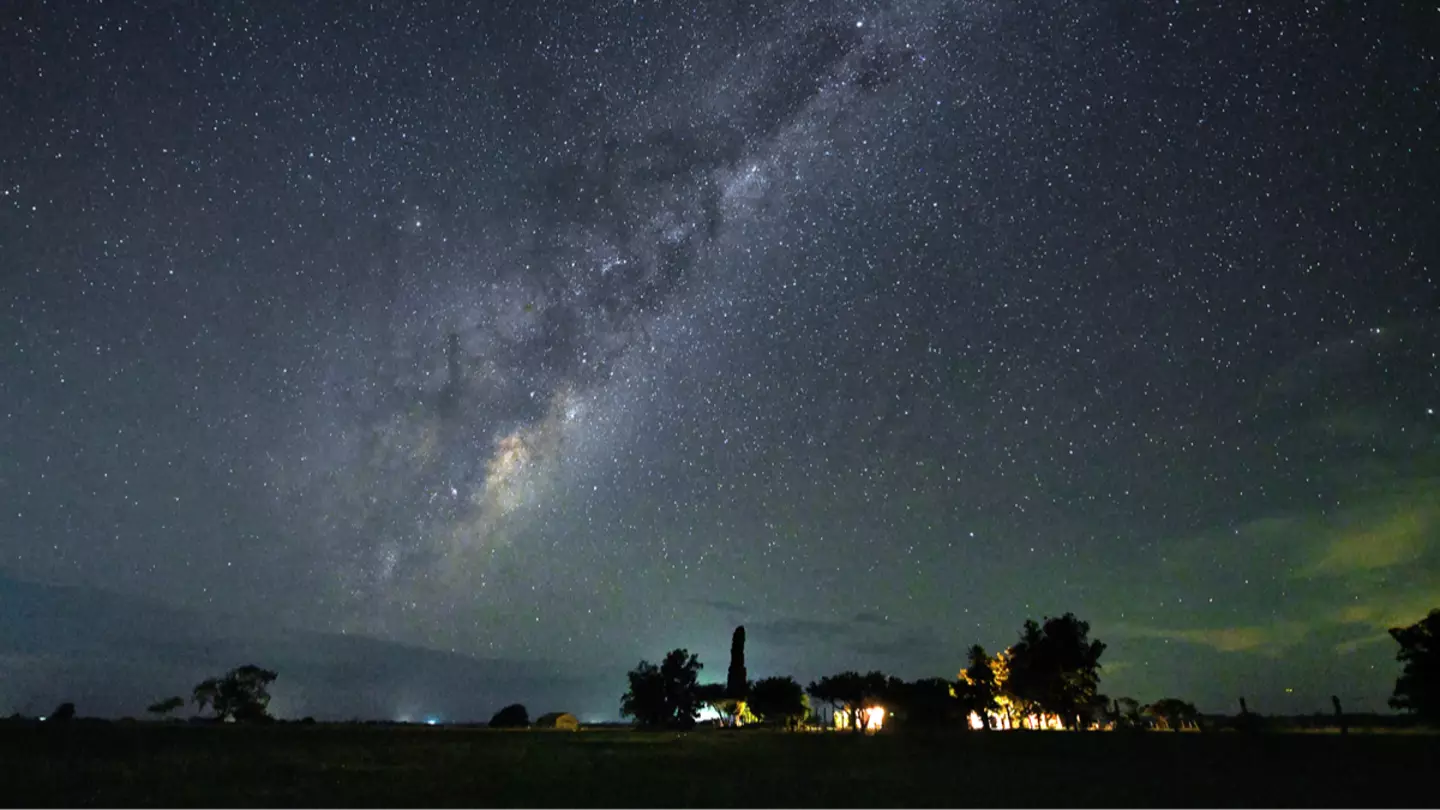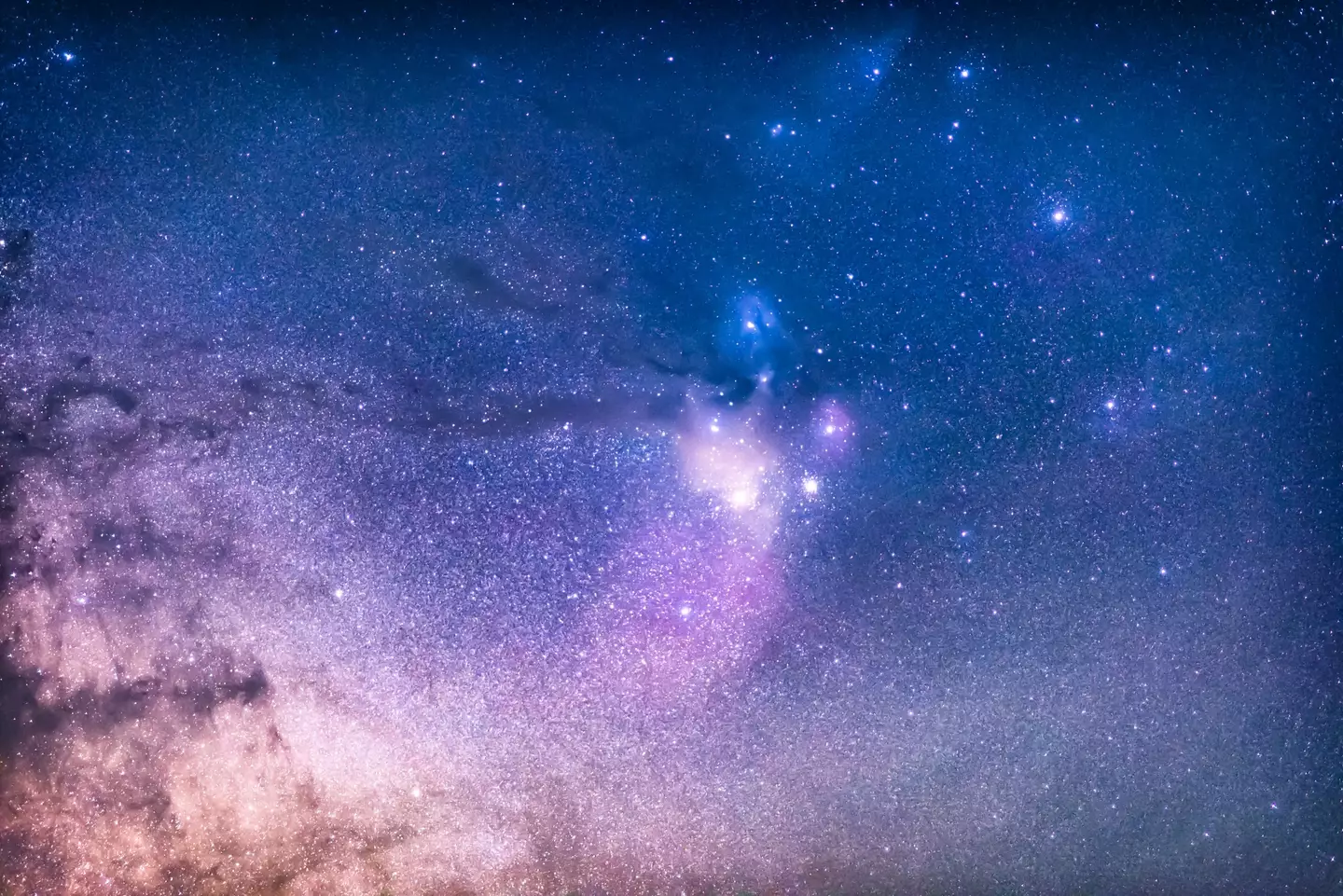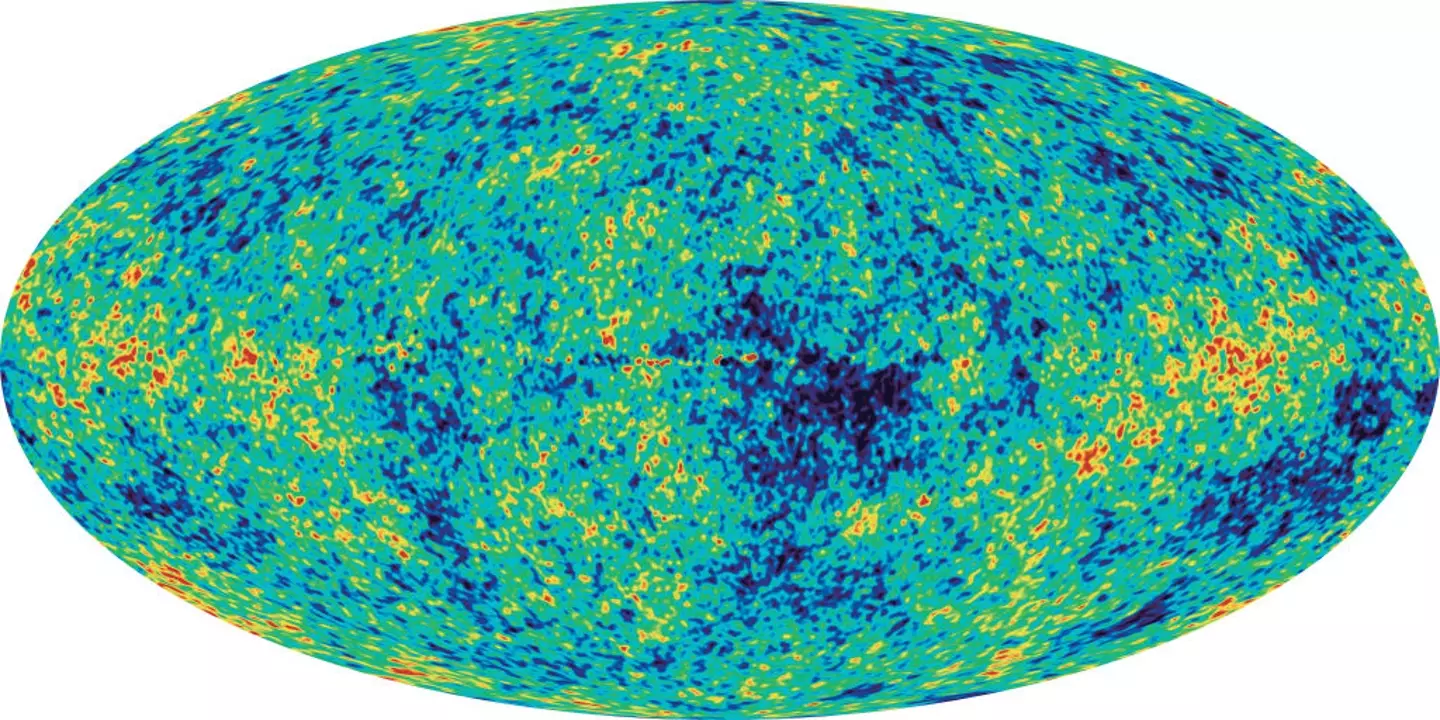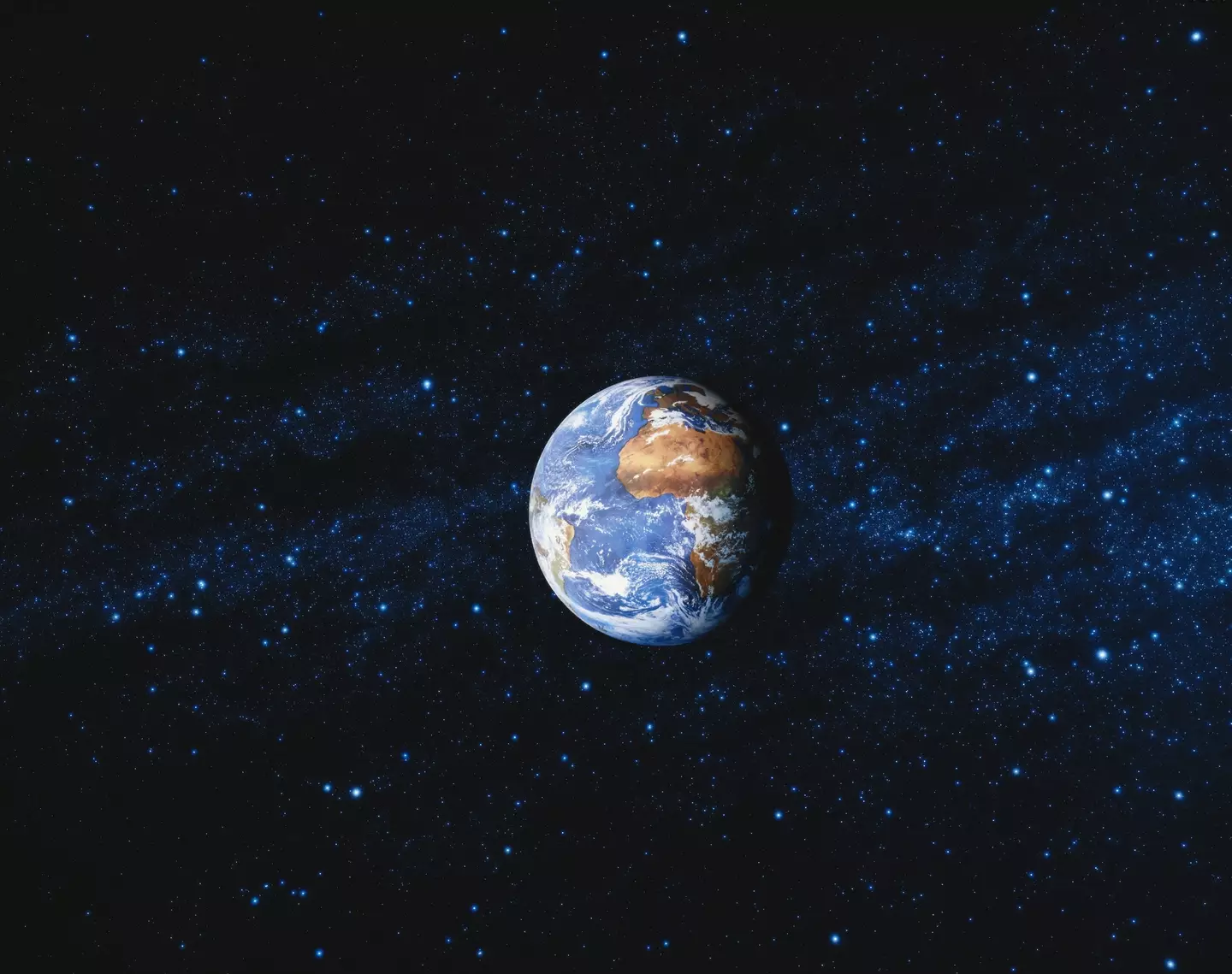
It may appear that our cosmic neighborhood is packed with galaxies and planets to the naked eye, but a new study has suggested otherwise.
It could be quite the opposite, in fact, and our universe could be in what's being described as 'a giant cosmic void'.
Not all physicists think this, but research from the University of Portsmouth, UK, supports the theory.
The paper is titled 'Testing the local void hypothesis using baryon acoustic oscillation measurements over the last 20 yr' and looks a potential solution to Hubble tension — something scientists have taken seriously for a long time.
What is Hubble tension?
Hubble tension all comes down to the rate that the universe is expanding and the fact that it's growing faster than anticipated — but nobody knows why.
Advert

NASA has described Hubble tension (sometimes referred to as Hubble crisis) as 'the biggest conundrums in cosmology'.
Explaining what it is, the agency's website says: "The puzzle, called the 'Hubble Tension,' is that the current rate of the expansion of the universe is faster than what astronomers expect it to be, based on the universe's initial conditions and our present understanding of the universe’s evolution."
The research
Researchers have analyzed the early universe through cosmic microwave background (CMB), which is leftover radiation from the Big Bang — AKA how the universe started.
You can't see CMB with the naked eye, but it's reportedly dotted all over our universe.
In regards to cosmologists supposedly hearing noise from the early universe, CMB doesn't actual create a sound but scientists have created audio presentations of CMB data.

Research fellow at The University of Portsmouth, Dr Indranil Banik, said on using CMB in their research: "By studying CMB temperature fluctuations on different scales, we can essentially 'listen' to the sound of the early universe, which is especially 'noisy' at particular scales.
"These fluctuations are now imprinted in the CMB, and dubbed 'baryon acoustic oscillations' (BAOs). Since these became the seeds for galaxies and other structures, the patterns are also visible in the distribution of galaxies.
"By measuring these patterns, we can learn how galaxies are clustered at different redshifts (distances). A particularly striking pattern, with lots of clustering, occurs at an angle called the 'angular BAO scale'."
The BOAs used were collected over the last 20 years.
The result
Per the study, it appears as if we're in what's known as a local void (an empty region of space).

"Our results suggest that a universe with a local void is about one hundred million times more likely than a cosmos without one," said Dr Banik, adding: "This means the likelihood of a universe without a void fitting these data is equivalent to a fair coin landing heads 13 times in a row."
How might this answer the Hubble tension puzzle?
"A potential solution to this inconsistency is that our Galaxy is close to the centre of a large, local void," Dr Banik explained, as per Science Focus.
"As the void is emptying out, the velocity of objects away from us would be larger than if the void were not there," he went on.
In simpler terms, it would make the local universe appear to be expanding faster than it actually is.